Search Results
Showing results 1 to 17 of 17
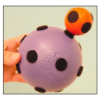
How Do Viruses Recognize a Target Cell?
Source Institutions
This activity demonstrates the specificity of viral vectors for target cells in gene therapy delivery methods using two approaches: 1) STYROFOAM® models demonstrate viral ligand binding to receptor pr
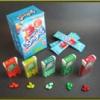
Adherence to HIV Treatment
Source Institutions
In this activity, learners simulate taking HIV antiretroviral drugs by using Tic Tac mints and Kool-Aid packets.
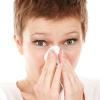
Cover Your Mouth
Source Institutions
In this health activity (page 3 of the PDF), learners will discover why covering their mouth and nose while sneezing is so important.
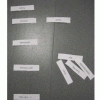
Life Size: Line 'em up!
Source Institutions
In this activity on page 1 of the PDF, learners compare the relative sizes of biological objects (like DNA and bacteria) that can't be seen by the naked eye.
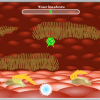
Virus Lander
Source Institutions
Can you avoid the body's immune system and make someone sick? Play this online game in which you go inside a human body to explore how viruses attack cells in the body.
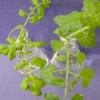
Tobacco Mosaic Virus
Source Institutions
In this four-part laboratory exercise, learners investigate properties of Tobacco mosaic virus (TMV) including (1) symptoms induced by the virus in susceptible plants at the macroscopic and microscopi
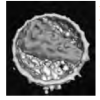
Modeling an HIV Particle
Source Institutions
This activity helps learners visualize the Human Immunodeficiency Virus (HIV) by constructing three-dimensional HIV particle models from paper.
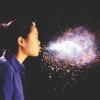
No It's Snot
Source Institutions
In this health activity (on page 3 of the PDF), learners will learn about the body‘s defenses against invasion from tiny particles.

Biobarcodes: Antibodies and Nanosensors
Source Institutions
In this activity/demo, learners investigate biobarcodes, a nanomedical technology that allows for massively parallel testing that can assist with disease diagnosis.
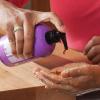
Wash Away Germs
Source Institutions
Many germs spread by our hands, and often times, people don't wash their hands well enough to get rid of germs.
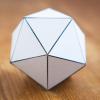
Viral Packaging
Source Institutions
In this activity, learners create virus models, including nucleic acid and proteins, using simple materials. This resource includes information about virus structure and gene therapy.
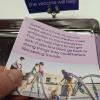
The Vaccine & You
Source Institutions
In this card-based personal choice activity, learners review and sort COVID-19 and vaccine science information.
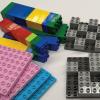
Antibody Builder
Source Institutions
Learners use Duplo bricks to build antibodies with shapes that match model viruses.
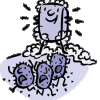
Hot Potato
Source Institutions
In this health activity (page 7 of the PDF), learners will discover the importance of handwashing as a factor in reducing the spread of pathogens.

Life Size: What's in a microbe?
Source Institutions
In this activity on page 3 of the PDF, learners visualize the relative size and structural differences between microbes that have the potential to cause disease.
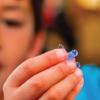
Delivery Capsules
Source Institutions
Learners make self-assembled polymer spheres as a model for the lipid nanoparticles found in COVID-19 mRNA vaccines.
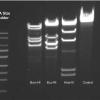
Restriction Enzyme Digestion: How does it work? Why is it useful?
Source Institutions
In this activity related to plant biotechnology, learners use restriction enzymes to cut up DNA from a virus called Bacteriophage λ, a process known as restriction digestion.
